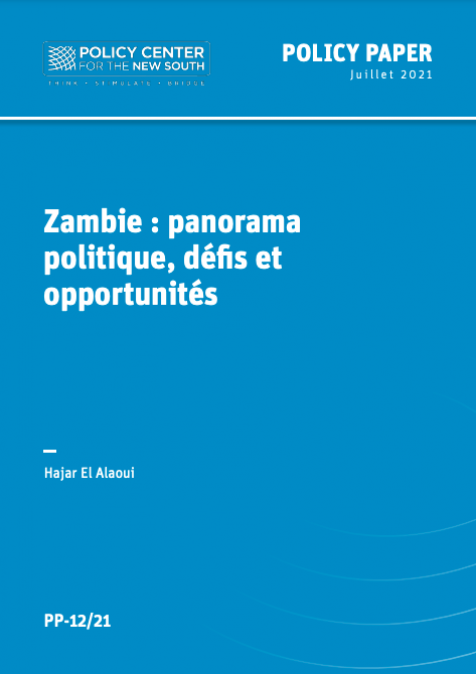Podcasts
Blue Economy : Towards an integrated and systemic cooperation model across the Atlantic
Related topics:
The blue economy is an important engine of development. Its importance has been widely measured and recognized economically, socially and environmentally. However, its impact at the regional and local levels has not been fully measured. With the expansion of blue research and the world's growing understanding of its importance, policymakers and research institutions working in oceans governance and coastal areas multi-level dynamics around the world are calling for further and improved analysis of the BE. Imane Lahrich has interviewed Hans Van Der Loo about the BE potential and its cooperation model across the Atlantic to better understand how to develop a more systemic approach to guide sustainable and inclusive blue growth.








